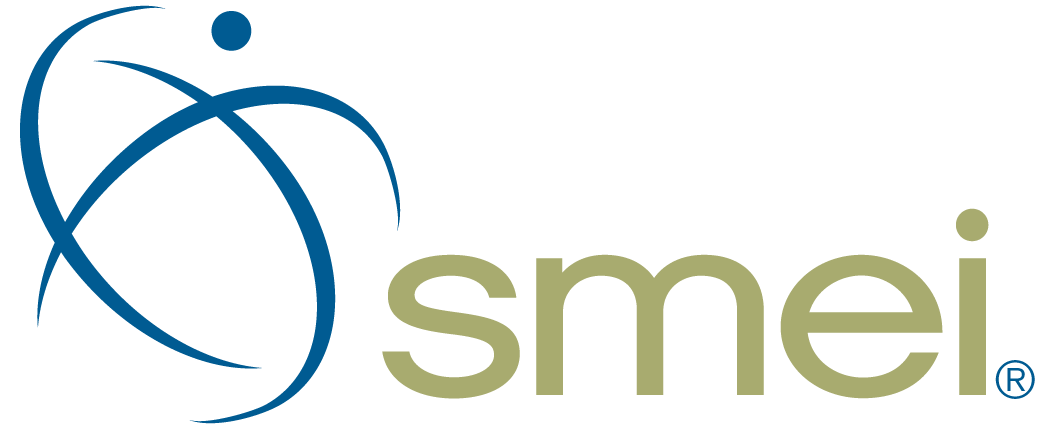Keyword Selection Strategies For Search Engines
Businesses use search engine marketing techniques, also called SEM, to advertise websites by increasing their exposure on search engine results pages because a large majority of users go online to start their purchasing process. SEM increases the prominence of a website through higher ranking on either the sponsored or the organic portions. Hence SEM takes up the largest share of digital marketing expenditure. To a large extent, online marketing adopt keyword selection strategies for search engines to attain its goals.
Search engine marketing

There are 2 types of search engine marketing. They are search engine optimization, also known as SEO, and sponsored search advertising, also known as SSA. SEO aims at getting more clicks and a higher rank from organic search results. SSA aims at getting more clicks and a higher rank from sponsored search results. SEO campaigns are more cost-effective and increase customer satisfaction when compared to SSA because users consider organic links more trustworthy. Keywords play a critical role in both SEO and SSA. For SEO, marketers build the website around selected keywords, whereas for SSA, companies select keywords for auction bids.
Keyword selection strategies
 Keyword research strategies for search engines is based on the market segment and the characteristics to which a keyword relates. Companies that invest in SEO choose keywords that are likely to get the maximum number of clicks. Marketers must identify and select the most appropriate keywords to create web content, which would maximise the number of clicks.
Keyword research strategies for search engines is based on the market segment and the characteristics to which a keyword relates. Companies that invest in SEO choose keywords that are likely to get the maximum number of clicks. Marketers must identify and select the most appropriate keywords to create web content, which would maximise the number of clicks.
Market-based keywords
If each keyword is a separate market, then the selection of a keyword is similar to selecting a target market. But it appears that many companies first gauge the competition level and then set a minimum traffic threshold to select their desired keywords. Instead, a firm should select keywords with low levels of competition and high search volumes. This would allow the company to receive a large number of clicks on their websites and get ranked highly. However, it is difficult to find such a keyword because keywords that receive higher volume have a higher level of competition.
Keyword types
Search results differ according to keywords, which are classified based on user expertise, popularity, the underlying need of users, and the purchase process stage. They are broadly categorized around a matrix as generic versus branded keywords and popular versus unpopular keywords. These classifications are useful when determining what keywords to use for creating web content. The type of keyword around which the website content is created does affect the ranking process of the search engines. A key difficulty while selecting keywords is that search engines continuously keep updating their ranking algorithm and use many factors to rank the list.
1) Broad versus specific keywords
Companies often have to choose between creating pages with broad keywords versus specific keywords. Having said that, a large number of users often use broad keywords in their search queries as opposed to specific keywords.
a) Broad keywords
For broad keywords, search engines give greater importance to website authority as the user has not specified the exact needs. Therefore, most websites have content and landing pages based on broad keywords. In other words, broad keywords are ideal for higher authority websites. When the query is broad, users are in the early stage of the buying process and are ambiguous about their needs. Therefore, the keyword searched does not match their exact needs. Such queries give less importance to content relevance and more importance to high authority websites.
b) Specific keywords
Specific keywords are niche segments with distinct needs. Niches have great profit and growth potential for companies due to economies of specialization. People searching for specific keywords are known to submit specific queries because they are more involved, advanced, and focused in their search process. Such users are more knowledgeable about what they are looking for. As such, they provide more specific details that are relevant to their needs. These searchers have high purchase intent and tend to click on results much lower in the search list. Therefore, the conversion rate is higher for more specific keywords.
2) Popular versus unpopular keywords
Keyword popularity has a direct effect on SEO ranking. Popular keywords will be targeted by more websites. Selecting a keyword that is more popular and highly competitive would lead to lower rank because more companies compete for the larger market of those keywords. On the other hand, a less competitive keyword would get a higher rank because a less popular keyword has a lower number of companies competing for it compared to a more popular keyword.
Dynamics between keywords, content relevance, and online authority
 As search engines try to ape user preferences, they assign weights to content relevance and online authority based on what people are attracted to. Low online authority website gets a higher rank from a specific keyword. Therefore, the importance of content relevance in the ranking is greater for specific keywords as people searching for such queries are informed customers who explicitly define their needs. On the other hand, a high authority website gets a higher rank from broad keywords. Therefore, the importance of online authority in the ranking is greater for broad keywords as people searching for such queries are at an early stage of the buying process and are still trying to understand their needs.
As search engines try to ape user preferences, they assign weights to content relevance and online authority based on what people are attracted to. Low online authority website gets a higher rank from a specific keyword. Therefore, the importance of content relevance in the ranking is greater for specific keywords as people searching for such queries are informed customers who explicitly define their needs. On the other hand, a high authority website gets a higher rank from broad keywords. Therefore, the importance of online authority in the ranking is greater for broad keywords as people searching for such queries are at an early stage of the buying process and are still trying to understand their needs.
Website ranking
When website authority is above average, improving relevance is more effective with broader keywords. Improving relevance affects the likelihood of a user clicking on the link. Therefore, it is important to get ranked highly and featured prominently in search engines to receive many clicks.
Search engine marketing investment
Improving content relevance and website authority is a long-term marketing investment worth considering in this digital age if the company wants to obtain a prominent position in the market. It is akin to brand-building, which increases organic website traffic thereby improving the prominence or rank of a link. In other words, increasing content relevance and website authority have a direct impact on SEO that can improve organic clicks. The organic link is equal to the total number of searchers times the share of them who click on the website. Additionally, other studies suggest SEO improves by incorporating consumer needs and semantic factors. In addition to rank, people consider whether the website content seems relevant. Thus, the content also affects SEO. But a large majority of people only use the 1st page in their search process. As such, content relevance has a lower effect if the website is lower in the search list.
Tradeoff
Firms face a tradeoff between selecting strategies that focus on getting a smaller share from larger markets or a higher share from smaller markets. Smaller companies are much better off targeting more niche markets because they can capture a larger portion of the smaller market.
References
Nagpal, Mayank, and J. Andrew Petersen. “Keyword Selection Strategies in Search Engine Optimization: How Relevant Is Relevance?.”
https://www.msi.org/wp-content/uploads/2020/06/MSI_Report_19-113-1.pdf




